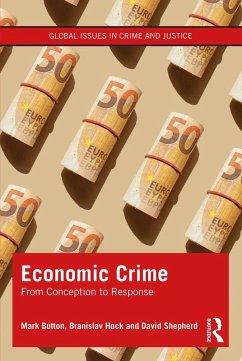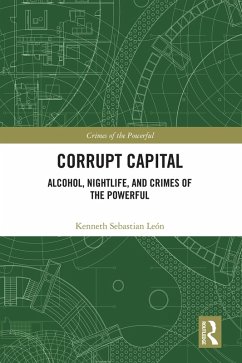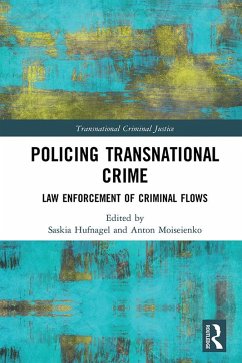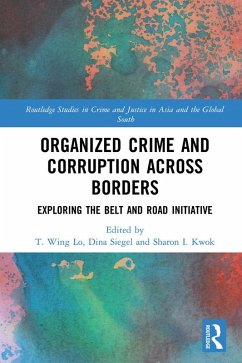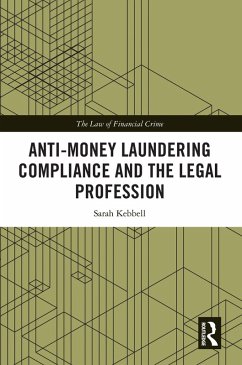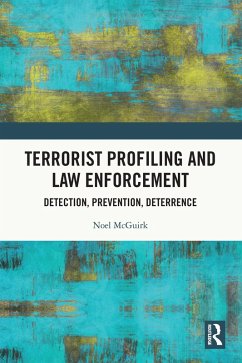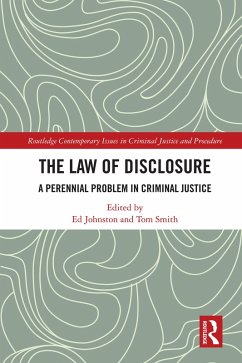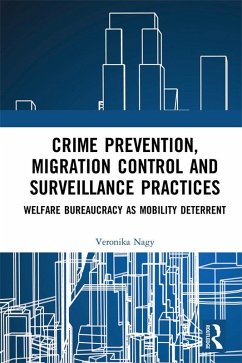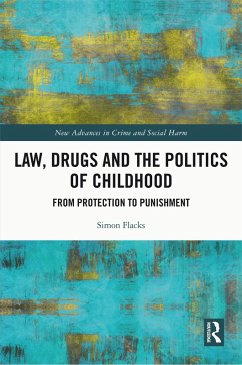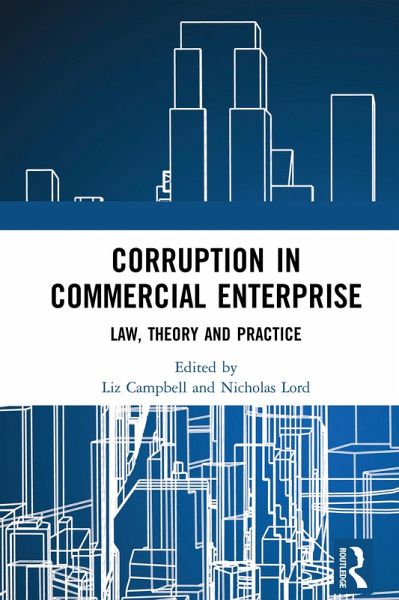
Corruption in Commercial Enterprise (eBook, PDF)
Law, Theory and Practice
Redaktion: Campbell, Liz; Lord, Nicholas
Versandkostenfrei!
Sofort per Download lieferbar
41,95 €
inkl. MwSt.
Weitere Ausgaben:

PAYBACK Punkte
21 °P sammeln!
This edited collection analyses, from multiple disciplinary perspectives, the issue of corruption in commercial enterprise across different sectors and jurisdictions. Corruption is commonly recognised as a major 'social bad', and is seriously harmful to society, in terms of the functioning and legitimacy of political-economic systems, and the day-to-day lives of individuals.There is nothing novel about bribes in brown envelopes and dubious backroom deals, ostensibly to grease the wheels of business. Corrupt practices like these go to the very heart of illicit transacting in both legal markets ...
This edited collection analyses, from multiple disciplinary perspectives, the issue of corruption in commercial enterprise across different sectors and jurisdictions. Corruption is commonly recognised as a major 'social bad', and is seriously harmful to society, in terms of the functioning and legitimacy of political-economic systems, and the day-to-day lives of individuals.
There is nothing novel about bribes in brown envelopes and dubious backroom deals, ostensibly to grease the wheels of business. Corrupt practices like these go to the very heart of illicit transacting in both legal markets - such as kickbacks to facilitate contracts in international commerce - and illegal markets - such as payoffs to public officials to turn a blind eye to cross-border smuggling. Aside from the apparent pervasiveness and longevity of corruption in commercial enterprise, there is now renewed policy and operational attention on the phenomenon, prompting and meriting deeper analysis.
Corruption in commercial enterprise, encompassing behaviours often associated with corporate and white-collar crime, and corruption in criminal commercial enterprise, where we see corruption central to organised crime activities, are major public policy issues. This collection gives us insight into their nature, organisation and governance, and how to respond most appropriately and effectively.
There is nothing novel about bribes in brown envelopes and dubious backroom deals, ostensibly to grease the wheels of business. Corrupt practices like these go to the very heart of illicit transacting in both legal markets - such as kickbacks to facilitate contracts in international commerce - and illegal markets - such as payoffs to public officials to turn a blind eye to cross-border smuggling. Aside from the apparent pervasiveness and longevity of corruption in commercial enterprise, there is now renewed policy and operational attention on the phenomenon, prompting and meriting deeper analysis.
Corruption in commercial enterprise, encompassing behaviours often associated with corporate and white-collar crime, and corruption in criminal commercial enterprise, where we see corruption central to organised crime activities, are major public policy issues. This collection gives us insight into their nature, organisation and governance, and how to respond most appropriately and effectively.
Dieser Download kann aus rechtlichen Gründen nur mit Rechnungsadresse in A, B, BG, CY, CZ, D, DK, EW, E, FIN, F, GR, HR, H, IRL, I, LT, L, LR, M, NL, PL, P, R, S, SLO, SK ausgeliefert werden.




